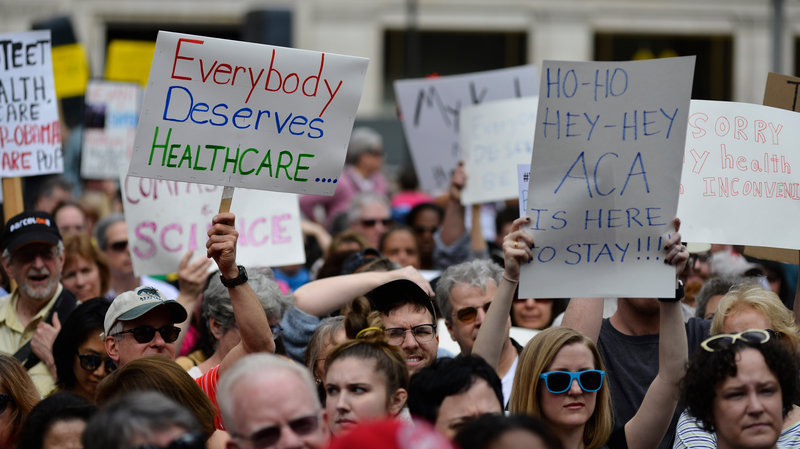
By: Abigail Calandra| Head Editor
December 11, 2019
I spent Thanksgiving break in Prague, Czech Republic, visiting the place I will soon make my home. Just after getting on the airplane, my mom, a Type 1 Diabetic (since the age of 14), realized a bottle of insulin had broken in her purse. She spent the first few days of our trip rationing out her insulin to make sure she had enough to survive.
About halfway through our visit, my mom realized she would run out and had to contact a doctor’s office in Prague, something she had been avoiding the whole trip.
The next morning my mom headed to a doctor’s office in Prague 6. She feared he would try to diagnose her with a disease she already knew she had, and was bracing herself for an expensive appointment. Instead, she found herself sitting across the desk from the doctor, having a normal conversation. He asked her a simple question: “What kind of insulin do you need?”
After the appointment was over, and she knew she was going to be able to survive the journey home, the money seemed irrelevant. However, the doctor’s appointment cost her only $8. A specialty visit in the United States, even with great insurance, costs around $75-85.
My mom’s insulin, in the Czech Republic, where she is uninsured, cost around $23. In the United States she pays a co-pay $110-125 monthly for a single bottle of insulin with the insurance company paying the balance. Based on these figures, my mom spends around $400 a month just to stay alive. Insulin costs have nearly doubled over the past 5 years. Type 1 diabetes costs in the United States have risen from $12,467 to $18,494.

The United States is the only developed nation in the world lacking socialized healthcare. Both the World Health Organization and Article 25 of the United Nations Declaration of Human Rights state that healthcare is a human right, yet the United States government denies it. The World Health Organization states that “Universal health coverage means that all people and communities can use the promotive, preventive, curative, rehabilitative and palliative health services they need, of sufficient quality to be effective, while also ensuring that the use of these services does not expose the user to financial hardship.”
Healthcare in the United States has become a big business– and it really shouldn’t be. Our current healthcare system is the most expensive in the world. The most common argument against socialized healthcare is that it’s too expensive or that transitioning will raise taxes too high. In the Czech Republic there is a flat 15% income tax which promotes social mobility. In the United States, the income tax rate ranges from 10%- 37%.
There’s no doubt the United States can afford socialized healthcare–it’s a matter of whether or not the people want it. American politics are run by lobbies, and these healthcare lobbies swing a big stick. Meanwhile, people who already have healthcare are reluctant to forgo it for an unknown system, regardless of if it makes life easier for everyone or not.
The 28 million Americans lacking health insurance live in fear of illness or injury and even being taken off care. What’s worse is that more than half of personal bankruptcies are due to expenses for medical care. In a report by the World Health Organization in 2013, they state this “will hopefully change with as a result of the implementation of the Affordable Care Act.” And as I’m sitting here writing this, in 2019, nothing’s changed and that’s frustrating. The United States is often viewed as a pillar for other countries yet, the Commonwealth Fund considers the US to be the worst healthcare performer– this has been consistent for the past 20 years.
If the United States wants to continue being an influential nation, it needs to lead by example and start making some changes–starting with healthcare.

Leave a Reply